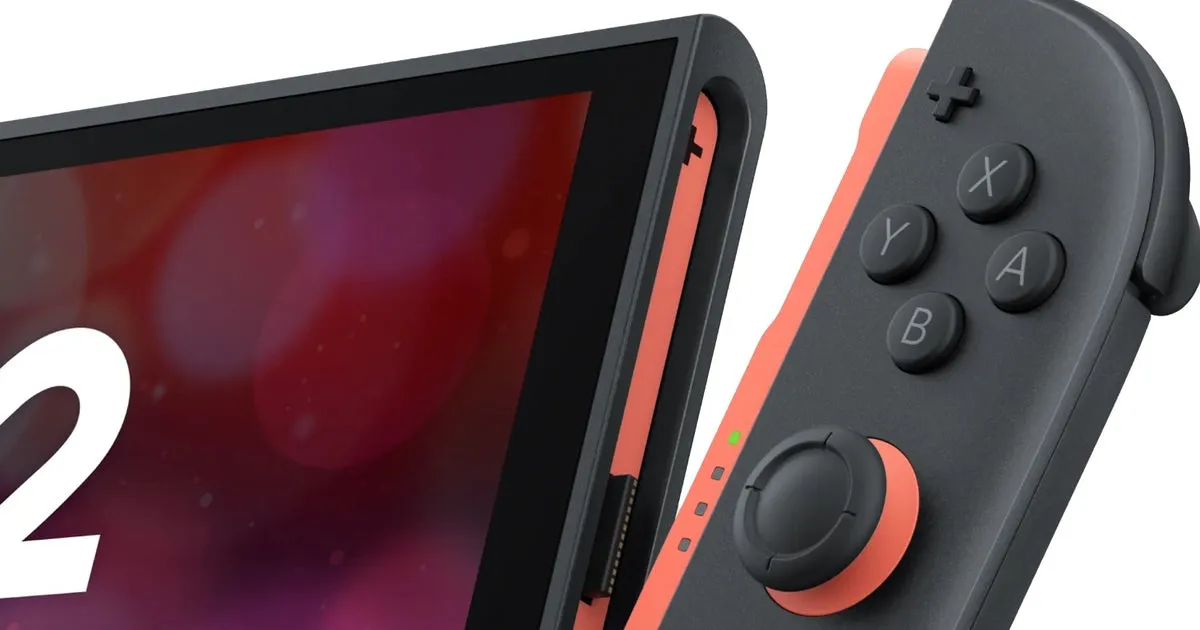
Nintendo has recently responded to concerns regarding the pricing of its highly anticipated Switch 2 console, which has left many fans surprised and dissatisfied. The console's price point of $450 USD makes it the most expensive Nintendo console ever released. While some have speculated that this pricing was influenced by early trade tariffs imposed in the United States, Nintendo has pushed back against these claims.
During a recent interview, Doug Bowser, the president of Nintendo of America, clarified the factors that contributed to the pricing of the Switch 2. He emphasized that the console's innovative features—including a larger LCD screen and redesigned Joy-Con controllers—played a significant role in determining its cost. Bowser stated, "We want to make sure that this is a device that is approachable, that consumers will see as part of their overall entertainment experiences and will understand that it has longevity to it." These considerations were integral to the final pricing decision.
Despite Bowser's assertion that past tariffs did not influence the price of the Switch 2, he acknowledged the challenges posed by the latest round of tariffs announced by the Trump administration. These tariffs include steep rates of 46 percent on Vietnam and 49 percent on Cambodia, which could complicate Nintendo's manufacturing and pricing strategies moving forward. "It creates a challenge," Bowser admitted, highlighting the company's need to address the situation as it evolves.
Nintendo has been proactive in diversifying its manufacturing locations, shifting operations away from China to countries such as Vietnam and Cambodia. This strategic move was intended to mitigate the impact of early tariffs. However, with the introduction of new tariffs, the company is now reassessing its approach and preparing for potential repercussions on the pricing of the Switch 2.
In light of these developments, Nintendo made the unprecedented decision to delay US preorders for the Switch 2, which were originally scheduled to begin on April 9th. The company cited the need to evaluate the potential impact of tariffs and changing market conditions as the reason for the delay. Despite the preorder postponement, Bowser confirmed that the console's launch date remains set for June 5th.
Nintendo is not alone in facing the challenges posed by these tariffs. The Entertainment Software Association (ESA), which represents major gaming companies in the US, has expressed concerns over the detrimental impact of tariffs on the gaming industry as a whole. The ESA noted that these tariffs could influence the pricing of various gaming products, compounding the financial burden on both consumers and companies alike.
As the situation unfolds, it remains uncertain whether the Switch 2 will see a price increase in the US market. Industry analysts, including Daniel Ahmad, have warned that the reciprocal tariffs on Vietnam and Japan are higher than anticipated, suggesting that Nintendo could feel significant pressure if these tariffs come into full effect.
In conclusion, while Nintendo is taking steps to manage the impact of tariffs on its new console, the pricing and market strategy for the Switch 2 will continue to be closely monitored by both fans and industry experts alike.